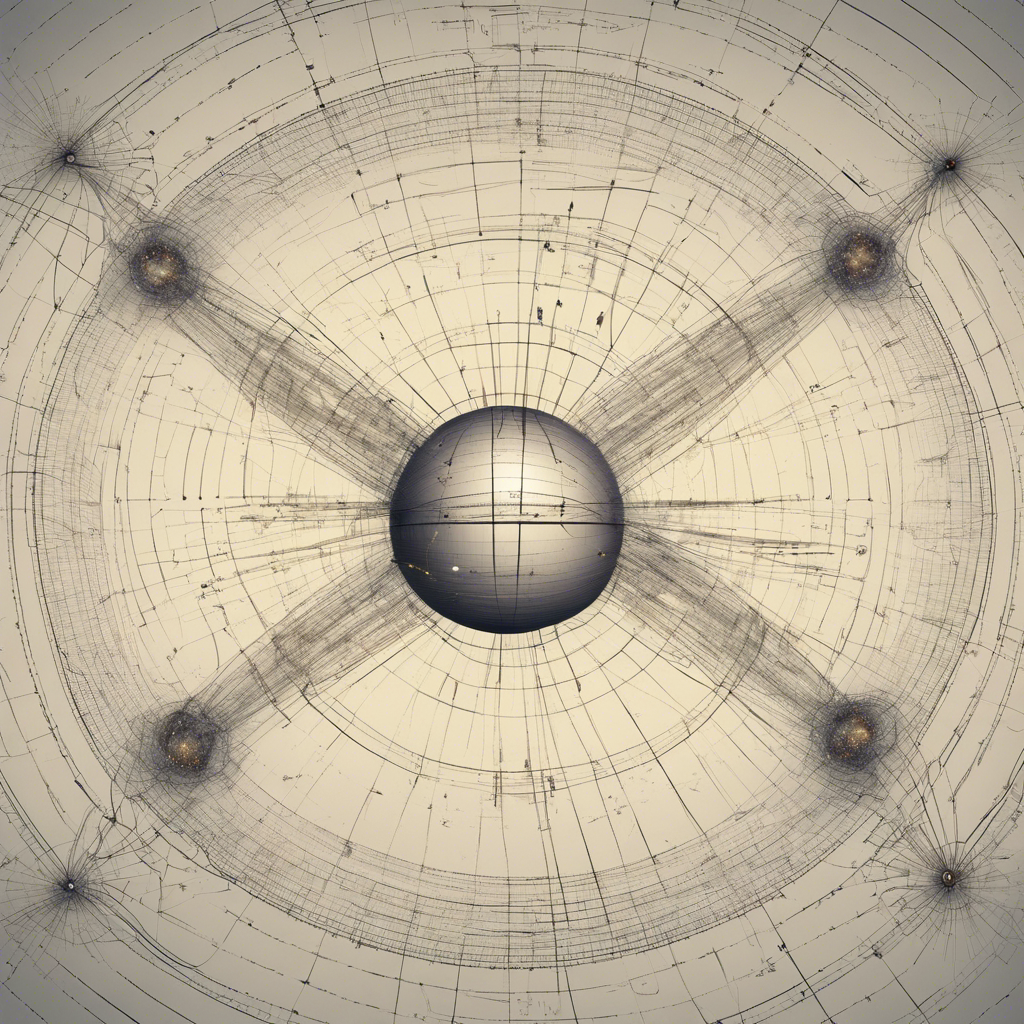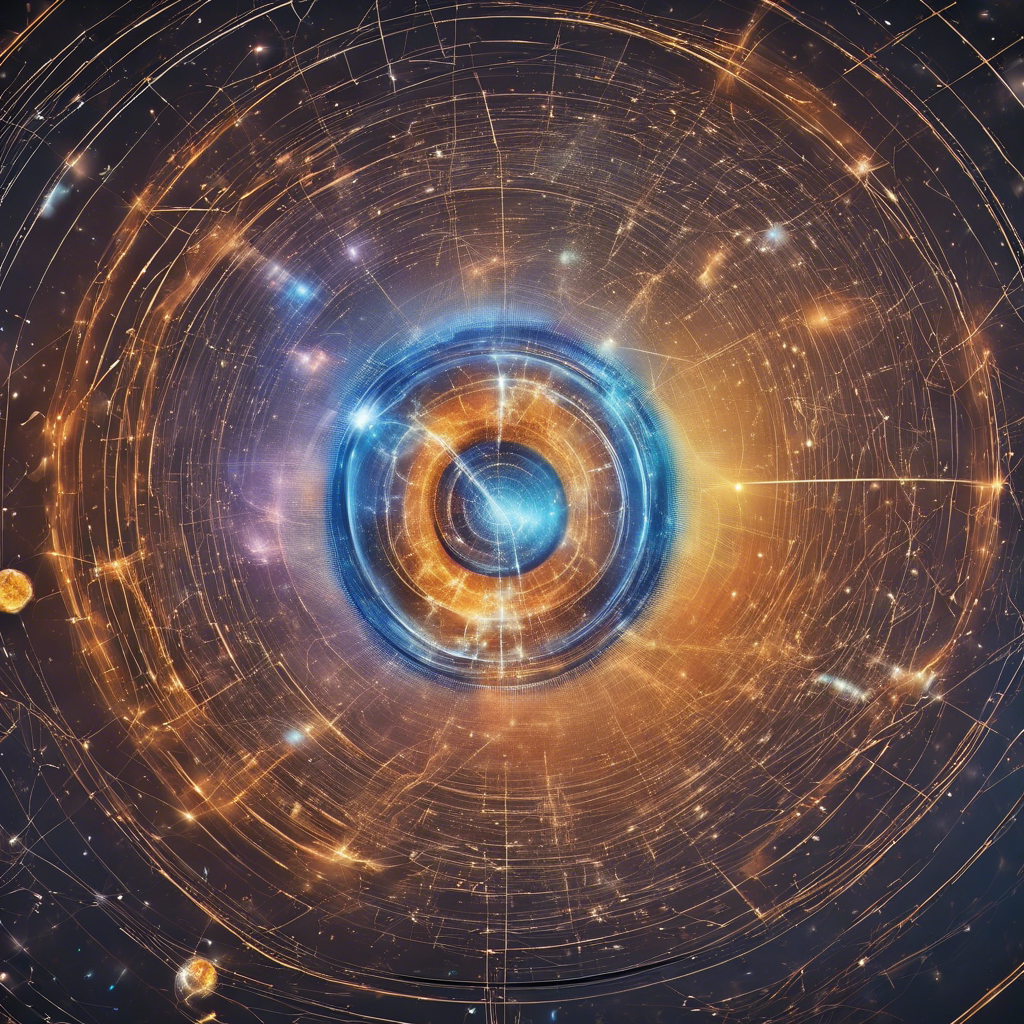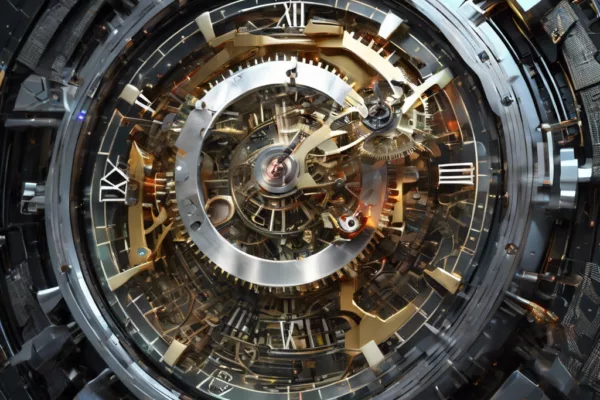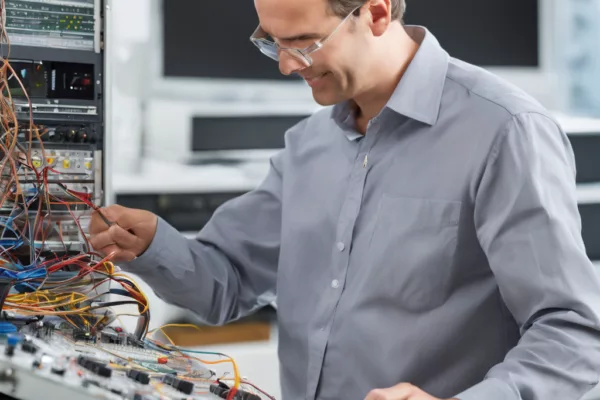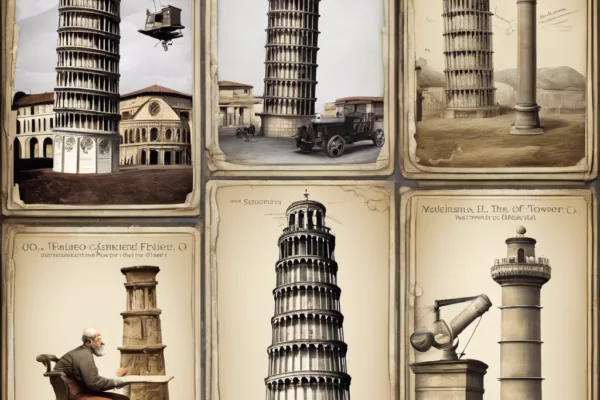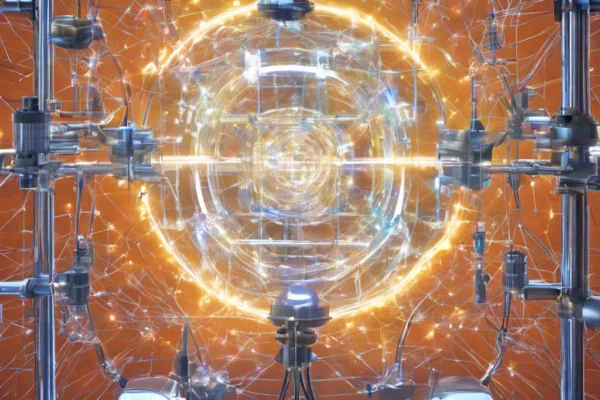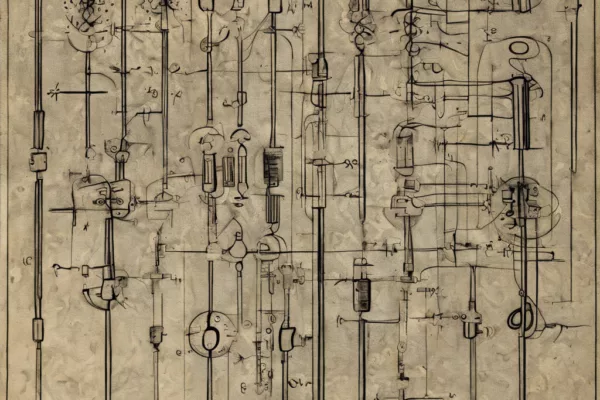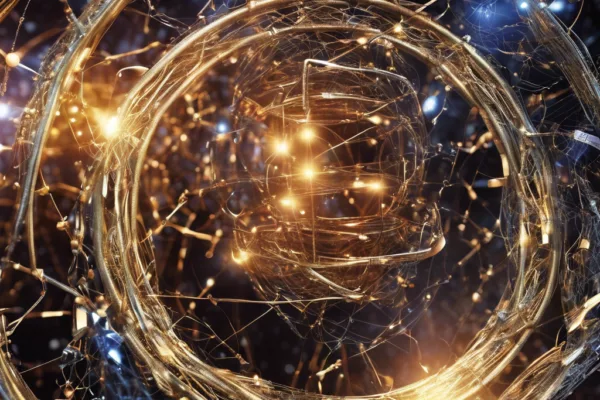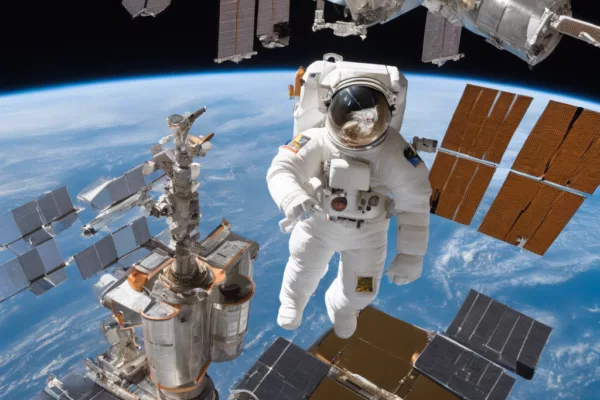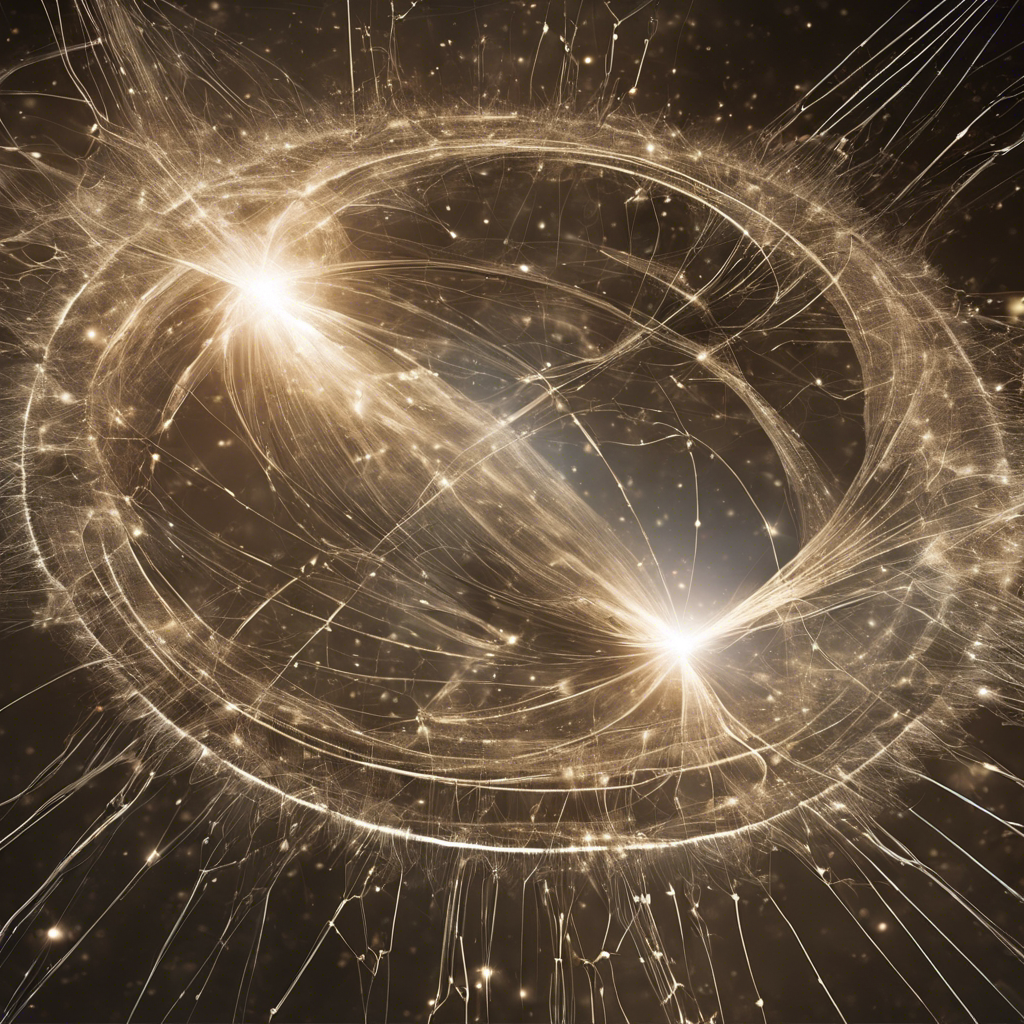
Might There Be No Quantum Gravity After All?
A New Model Proposes a Hybrid Approach to Uniting Quantum Theory and Classical Gravity For decades, physicists have grappled with the challenge of reconciling quantum mechanics and general relativity, two foundational theories of physics that appear to be fundamentally at odds. While most efforts have focused on quantizing gravity, a new theoretical model by Jonathan…







